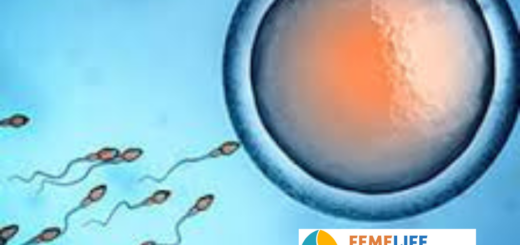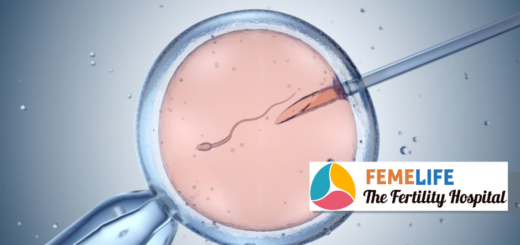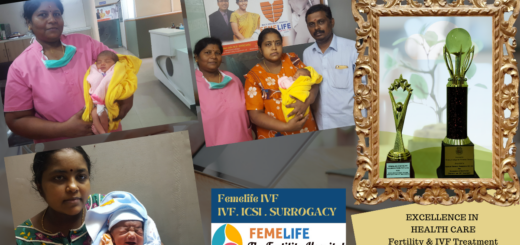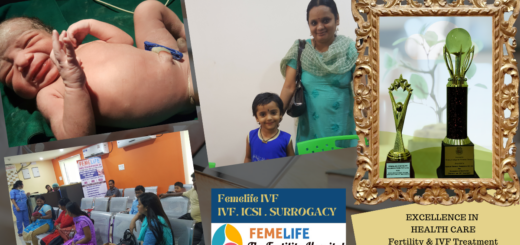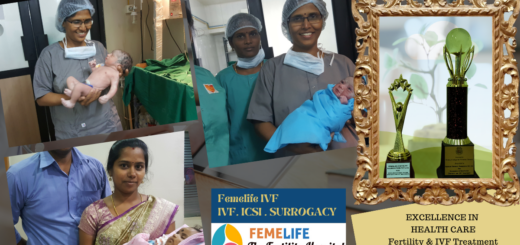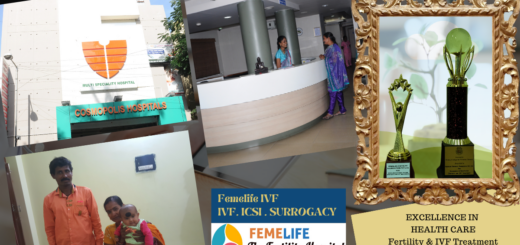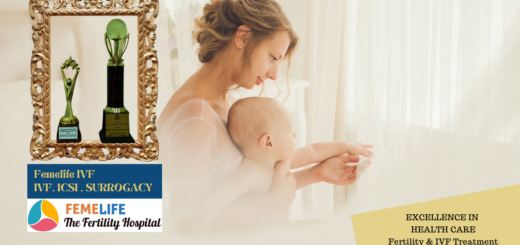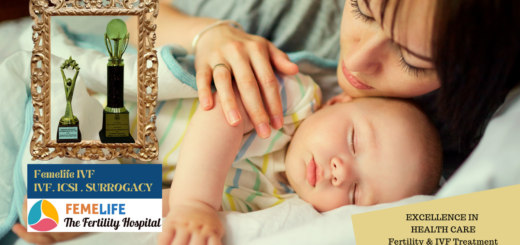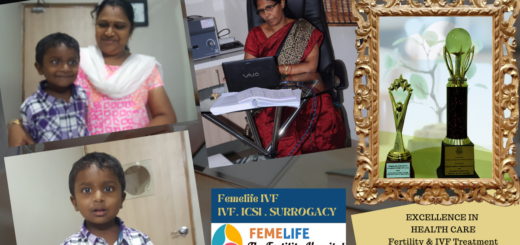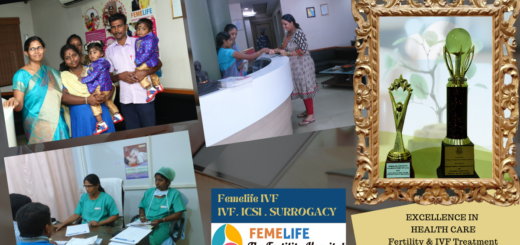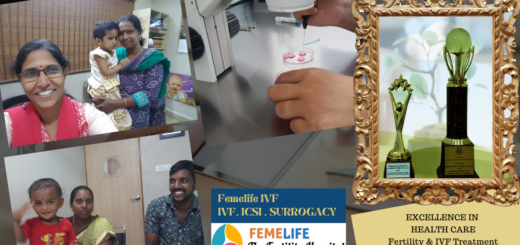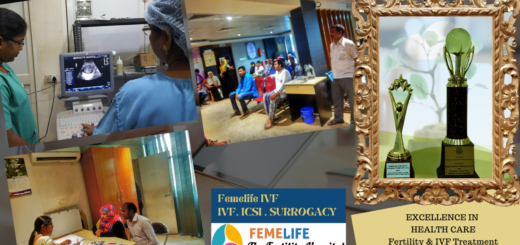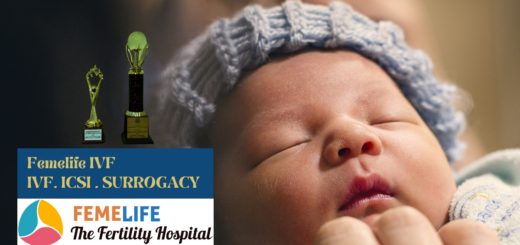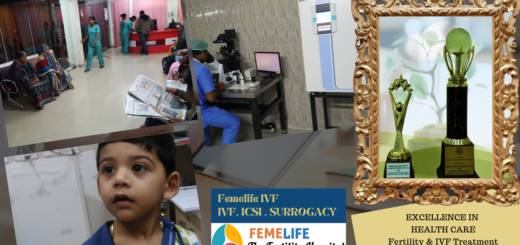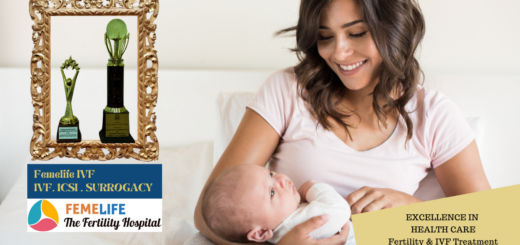Empty Follicles In IVF Treatment
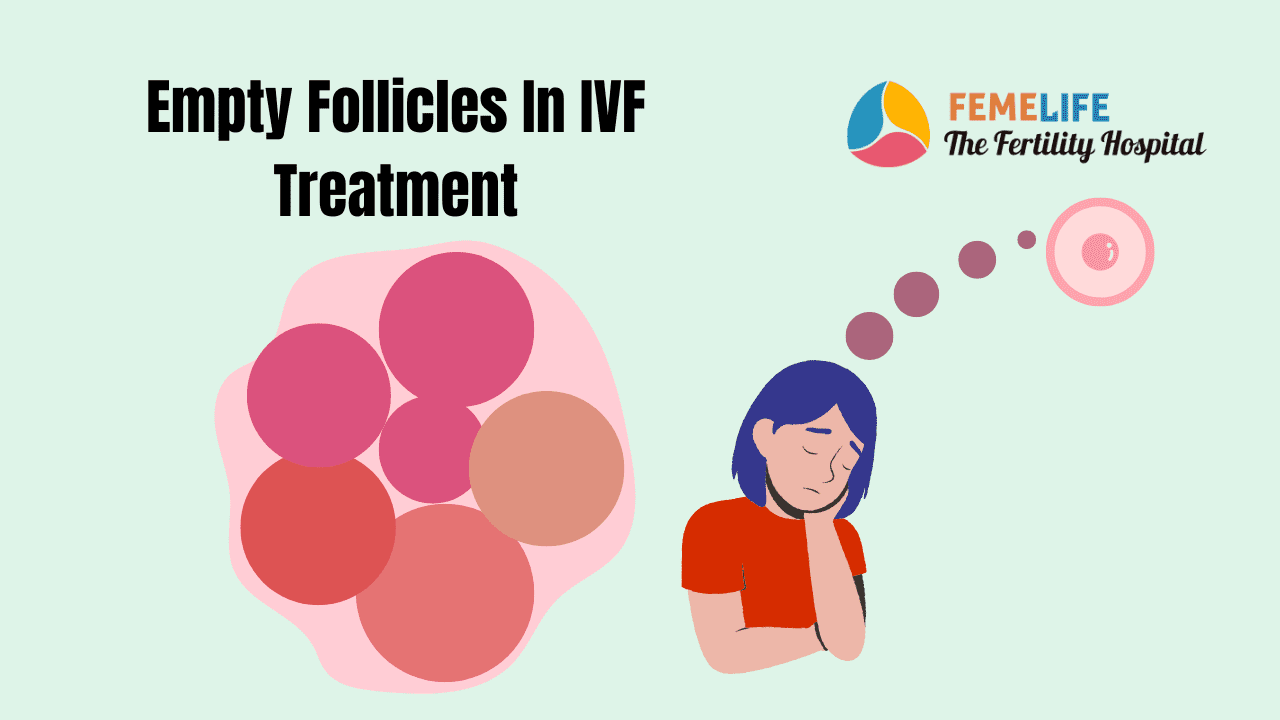
Empty follicle syndrome (EFS) is a rare condition that occurs when a woman’s ovaries do not release eggs. It happens during a stimulated IVF cycle despite apparently adequate follicle growth. In other words, there are no eggs in the follicles that have been identified by ultrasound. The exact cause of EFS is not well understood. However, it may be due to an abnormality in the way the follicles develop to respond to fertility drugs. Some possible causes of EFS include low ovarian reserve and premature luteinization. An abnormal hormonal environment, or an underlying genetic condition can also give rise to empty follicles in ovary.
What causes empty follicle syndrome?
Some of the known causes of EFS are
- Low quality fertility drugs
- Problem in the administration of HCG
- Premature luteinisation
- Low ovarian reserve
- Hormone issues as in PCOS
How do I know if I have empty follicles?
There are no symptoms of Empty Follicle Syndrome (EFS). Thus, the fact that EFS cannot be detected during the ovarian stimulation phase and must instead wait until the ovarian puncture has been performed and no oocytes have been obtained, is upsetting for both professionals and patients.
Making sure the patient has understood the instructions for administering the hormonal treatment, trying to up the HCG dose, switching up the stimulation protocols, or repeatedly suctioning the same follicle are some of the steps that can be taken to prevent this in patients who present with the problem again and again.
Can Empty follicle syndrome be prevented?
There is no way to prevent EFS, but there are some things that can be done to reduce the risk of its occurrence these include:
Careful selection of patients: Physicians should carefully select patients who have a higher chance of success with IVF treatment.
Optimizing fertility medication protocols : Adjustment the dose and duration of fertility drug can help to reduce the risk of EFS
Monitoring of ovarian response: Regular monitoring of ovarian response to fertility drugs can help to identify any abnormalities and take corrective action before EFS develops.
Alternative treatments: Consideration of alternative treatments such as IUI (intrauterine insemination) or natural cycle IVF may be an option for some patients at risk of EFs.
What are the options available if no eggs are retrieved?
If EFS does occur, it may be necessary to repeat the IVF cycle with different medication protocols or consider alternative treatments such as donor eggs or adoption. It is important to consult with a fertility specialist for personalized guidance and treatment options.
False empty follicle syndrome (FEFS) and True empty follicle syndrome (TEFS) are two different conditions that can occur during assisted reproductive technology (ART) procedure such as in vitro fertilization (IVF)
False Empty Follicles
FEFS occurs when there are no eggs retrieved from the follicles during the IVF cycle, despite the appearance of mature follicles on ultrasound scans. In FEFS, the follicles do contain some fluid, but no eggs are present inside. This can happen due to premature ovulation, when the eggs are released from the follicles before the egg retrieval procedure is performed.
True Empty Follicles
TEFS, on the other hand, is a rare condition where there are no eggs or fluid in the follicles during the egg retrieval procedure, even though mature follicles are visible on ultrasound scans. In TEFS, the follicles appear empty and there is no evidence of ovulation having taken place. The exact cause of TEFS is not yet fully understood, but it is thought to be related to problems with follicle development or maturation.
Both FEFS and TEFS can be frustrating and disappointing for couples undergoing IVF, as it can lead to a canceled cycle and the need for further investigation and treatment.
What are the next steps if I have empty follicles?
There is no one definitive treatment for EFS and the approach will depend on individual circumstances. However, some potential treatments that your doctor may recommend include:
Switching medication: If you are undergoing fertility treatments and experiencing EFS, your doctor may recommend a change in the medication used for ovulation induction. Different medications can have varying levels of effectiveness for different women, so it may be worth exploring other options.
Increasing dosage: In some cases, increasing the dose of the medication can lead to successful ovulation. However, this approach may increase the risk of ovarian hyperstimulation syndrome (OHSS), so it should be approached with caution.
Using alternative techniques: If standard ovulation induction methods fail, your doctor may recommend alternative techniques such as in vitro maturation (IVM), where immature eggs are collected and matured outside the body before being fertilized.
Genetic testing: EFS can sometimes be linked to genetic factors. In cases where there is a genetic predisposition to EFS, genetic testing may be recommended to identify any potential underlying conditions that could be causing the problem.
Donor eggs: In some cases, using donor eggs may be recommended if other treatments have been unsuccessful.
It’s important to remember that EFS is a complex condition, and not all treatments will work for everyone. It’s essential to work closely with your doctor to find the best approach for your individual situation.
How does it occur?
Although the exact origins of this syndrome are unknown, it is believed that changes in the folliculogenesis may be the primary culprit. These changes may be brought on by hereditary factors, advanced maternal age, or poor ovarian quality.
The absence of oocytes in the punctuation can be attributed to early oocyte degeneration, a lack of oocyte separation from the follicle wall, or both. The luteinizing hormone stimulates a number of processes during ovulation that appear to result in the adhesive tissue of the follicle relaxing and releasing the oocyte from the follicle wall.
Does HCG administration play a role?
Empty Follicle Syndrome (EFS), which occurs when the patient receives the last dosage of stimulation as prescribed but no oocytes, are discovered following the puncture. It is uncertain why there was no physiological reaction to the final dose. Women who are 40 years or older, have little ovarian reserve, or are obese are more likely to exhibit this lack of response.
Here are some potential consequences of not injecting HCG at the indicated time:
- Premature ovulation: If you miss the HCG injection or take it too late, it can lead to premature ovulation. This means that the eggs may be released from the follicles before they are mature enough to be fertilized. This can significantly reduce your chances of success in the cycle.
- Delayed ovulation: On the other hand, taking the HCG injection too late may delay ovulation. As a result, the eggs may not be ready for retrieval at the scheduled time. This can cause inconvenience and disrupt the cycle schedule, leading to additional costs and time.
- Poor quality eggs: The timing of the HCG injection can also affect the quality of the eggs. If the injection is delayed or missed, it can lead to decreased egg quality. It can negatively impact fertilization, embryo development, and implantation.
Therefore, it’s crucial to follow the instructions given by your fertility specialist. Make sure to administer the HCG injection at the indicated time. If you have any doubts or concerns, it’s essential to discuss them with your fertility team. This will ensure the best possible outcome for your cycle.
What alternatives exist for patients with true empty follicles?
True empty follicle syndrome (EFS) is a rare condition in which a woman’s ovaries fail to release an egg. It may happen despite the presence of mature follicles during fertility treatment. It is a challenging condition to treat, but there are several alternative approaches that may be considered:
- Repeat stimulation cycle: For some women, a repeat stimulation cycle with a higher dose can help. It may help to stimulate the ovaries and increase the chances of ovulation.
- Different medication protocol: Your doctor may suggest changing the medication protocol. Using a different class of drugs or adding new medications, may also be helpful in some cases of EFS.
- Use of donor eggs: In case your own eggs cannot be retrieved or used you may opt for donor eggs
- Surrogacy: In cases where the woman cannot carry a pregnancy to term surrogacy may be an alternative option.
- Adoption: Adoption is another option for building a family for those who are unable to conceive biologically.


